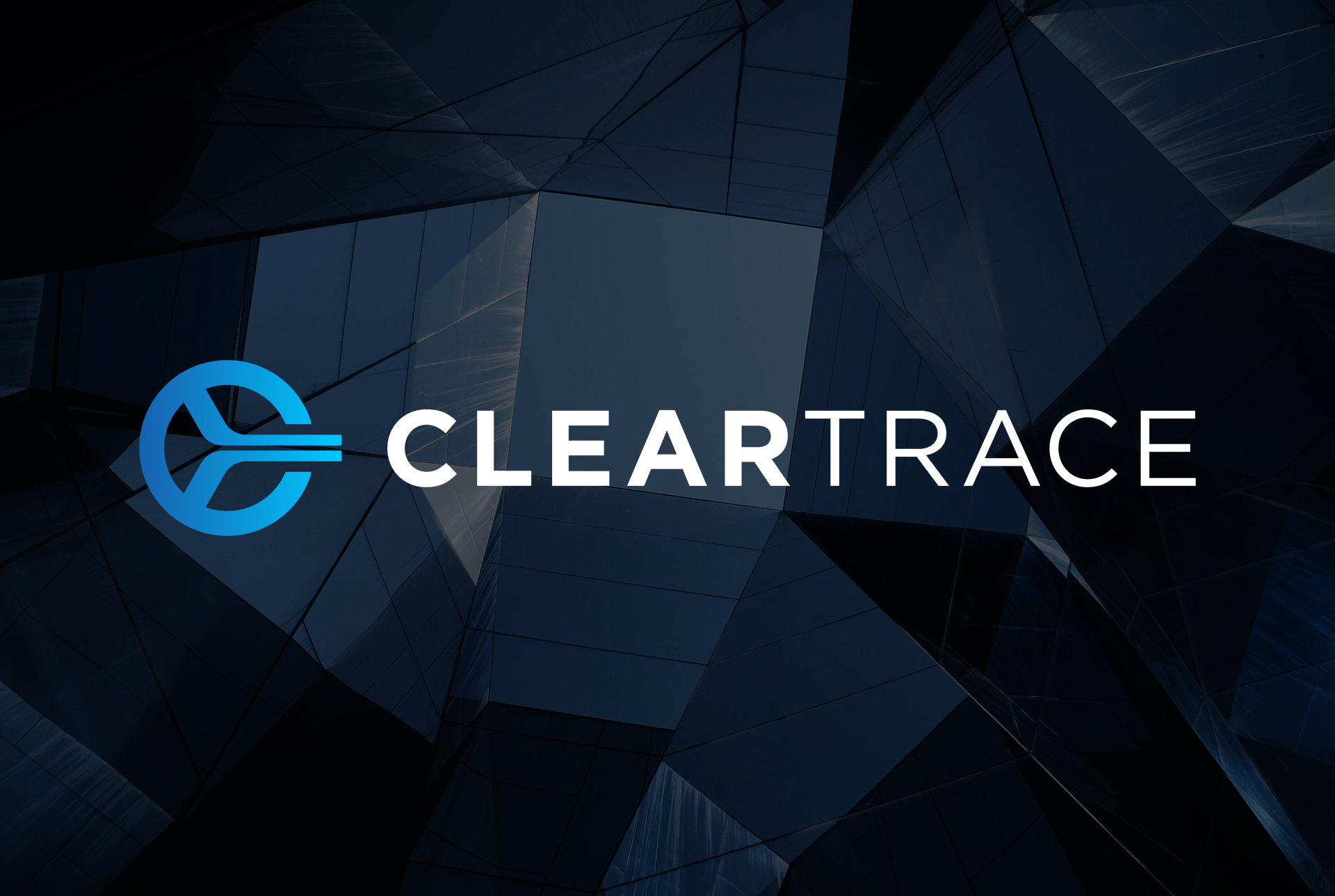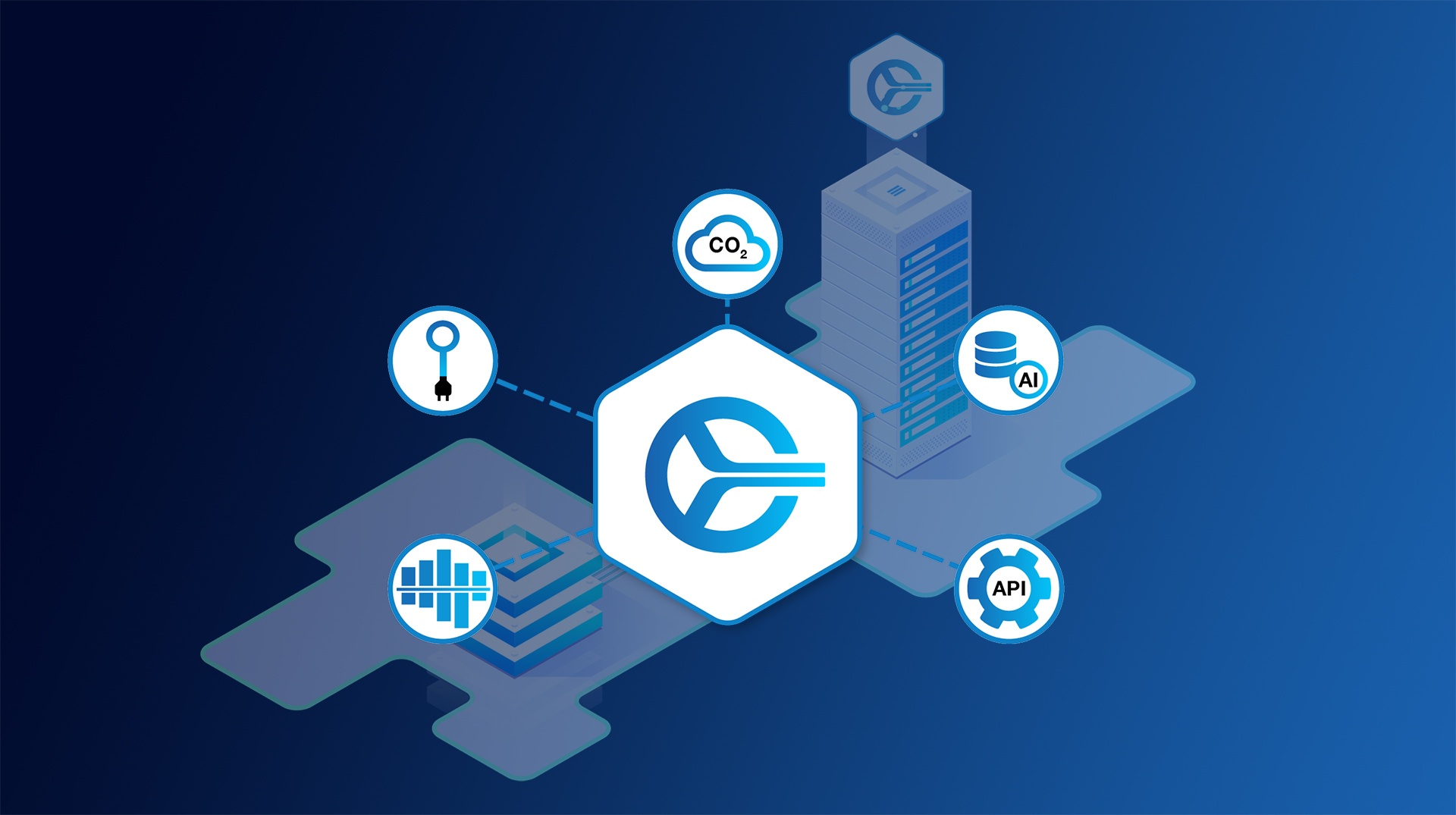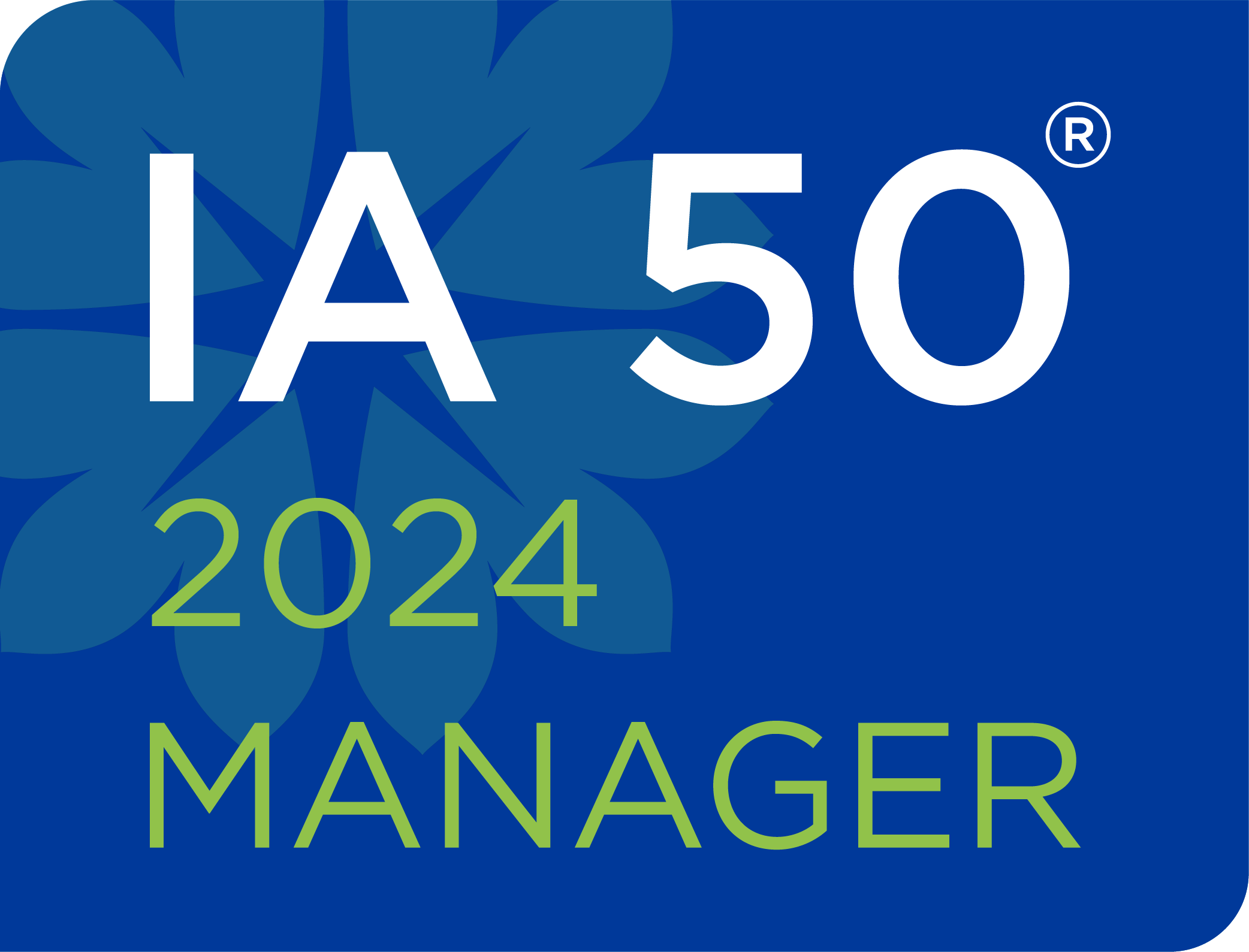This month we announced our investment in ClearTrace – a climate accounting software as a service helping Fortune 500 brands, commercial real estate providers, and competitive energy suppliers create trust, transparency and reliability around the carbon intensity of their energy supply.
While policy progress has stalled federally in the U.S. and multi-nationally since the landmark 2015 Paris Climate Agreement, ambitious pledges from corporate, city, and local municipality leaders have driven energy transition momentum.

On the corporate side, from January 2015 to today, the number of major corporations with public 100% renewable energy goals via RE100 has increased from 15 to 270. Members include the largest companies in the world and span sectors from tech (Google, Facebook, Microsoft) to retail (Nike, Walmart, Starbucks) to autos (General Motors, Tata Motors, BMW Group) to finance (Goldman Sachs, JP Morgan Chase). And given the world’s 3,000+ certified B Corps, there are thousands of companies with requirements tied to environmental social governance (“ESG”) reporting.
A challenge is that ESG reporting creates channels for greenwashing if not tied to a credible, auditable standard. At present, there are a multitude of disclosure frameworks (ex. CDP, GRI, SASB, TCFD, etc.) that create confusion and inconsistency on how companies report their data. Moreover, regarding energy-related sustainability, there are over a dozen mechanisms corporations use to procure renewables that differ on environmental credibility based on location, season, and many other factors.
One of the least credible methods, for example, is to buy renewable energy credits (“RECs”) without clear sourcing information. Even more sinister—similar to how Volkswagen and others have cheated on emission standards in transportation—a lack of auditable climate accounting standards opens strategies to disingenuous actors like cherry-picking reporting methods and data.
What makes a strong climate accounting solution?
As part of Clean Energy Ventures’ due diligence process prior to our investment in ClearTrace – a climate accounting startup with blue-chip customer traction backed by Brookfield and several other large strategics – we interviewed some of the world’s foremost tech companies, utilities, power generators, financial institutions, accounting firms, universities, and nonprofits to learn the climate accounting market’s challenges. What became clear is that the market needs a state-of-the-art platform that:
- Ingests data from hundreds of energy metering sources globally, capturing all energy sources for the large multi-national corporations that would use the platform;
- Enriches metered data from diverse sources into a normalized pool;
- Matches timestamped data from this pool with timestamped, location-specific marginal emissions rates;
- Tokenizes this pairing of emissions and metered energy demand into digital climate assets like RECs, such that tokens exist as data-rich digital assets that can be permissioned and private, providing maximum confidence that highly confidential information is secure and encrypted;
- Saves sourcing and tracking history of all digital climate assets such that an auditor can easily validate quality; and,
- Presents all information in a user-friendly dashboard that enables automated, customizable reporting for customers.

The most challenging aspects for such a platform include credible accounting of digital climate assets like RECs, automated reconciliation of energy procurement processes like virtual power purchase agreements that require settlements, and the process of enriching ingested meter data to normalize it for evaluation. Our interviews unilaterally confirmed that only a handful of tech companies and utilities possess the data and energy sector expertise to build such a platform – and even for them it’s a heavy lift, especially as grids increasingly include behind the meter resources that create management complexity. This technical barrier to entry is encouraging to venture investors like Clean Energy Ventures, as it magnifies first-mover advantage for a climate tech company like ClearTrace with patent-pending, customer-validated innovations.
A second theme from our interviews was that major corporations, especially tech companies, are very protective of their energy demand data. Public energy demand data can hurt a major tech company’s negotating position if its counterparties know where the company is consuming relatively more energy. This sensitivity is a reason why a climate accounting platform could have problems gaining traction if developed by Amazon or Microsoft; many of the largest potential customers do not want a frequent counterparty to know their load data. Similarly, a solution from a major utility would struggle, as it’s tough to gain credibility as an arbiter of negotiations like settlements when you’re also an actor in those negotiations.
Rather, a tech-savvy newcomer that can position itself as the standard of secure, encrypted load data aggregation is best suited to fill this market void.
ESG is increasingly affecting company valuations
As the value of strong ESG branding builds, so will the likelihood of greenwashing. According to The Economist from June 2020, four factors that influence company valuations have made ESG “all the rage” in finance:
- Liability: Extreme weather events threaten businesses. For example, California utility PG&E was forced into bankruptcy in 2019 for its role in sparking wildfires.
- Regulation: Governments around the world are pricing greenhouse gases at an increased rate to a degree that “could have real impacts on firms’ future revenue.”
- Access to Capital: The world’s largest financiers, such as Japan’s Government Pension Investment Fund, are increasingly selecting money managers on the extent to which they vet ESG attributes of portfolio companies.
- Margin Pressure: Asset managers are facing shrinking margins, and strong ESG stories enable the charging of higher fees.
The Economist further evaluates that, while data scarcity on key ESG metrics and poor climate accounting standardization render companies’ performance on ESG difficult to compare, “calculating carbon intensity on a variety of measures shows that greener firms trade at a premium.” As a result, as communicated by senior representatives at a top-4 accounting firm in an interview with Clean Energy Ventures, “trusted, quantified ESG metrics will materially affect corporate valuations in the coming years.”
Invest in Climate Accounting Software and Tools
ESG enthusiasm among major corporations has driven much of the energy transition momentum in recent years. For many of these corporations, their leadership and actions have been strong and genuine. But a lack of a standardized climate accounting framework impedes recognition of strong leadership while enabling opportunists to greenwash.
Based on CEV evaluation, ClearTrace fits the profile of an entity best suited to solve this problem: A technically strong startup with deep energy industry expertise and strong relationships with blue chip customers and partners.




